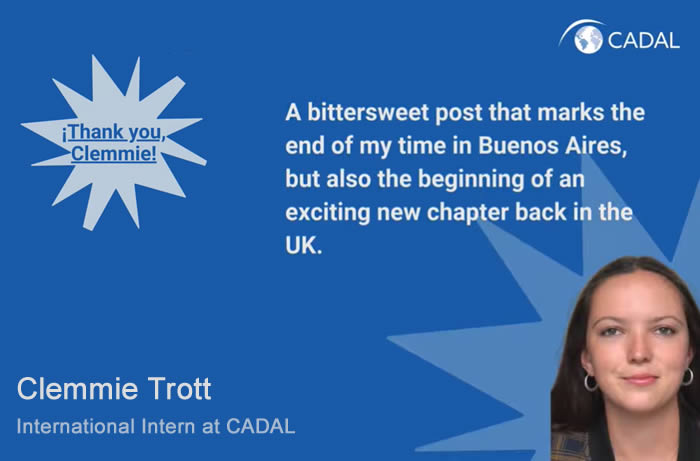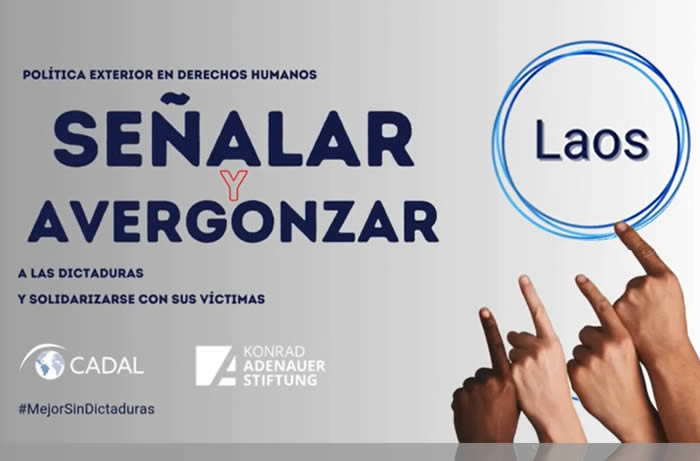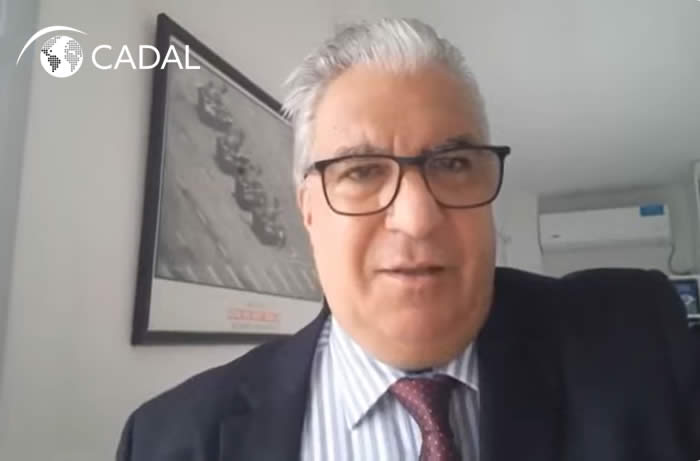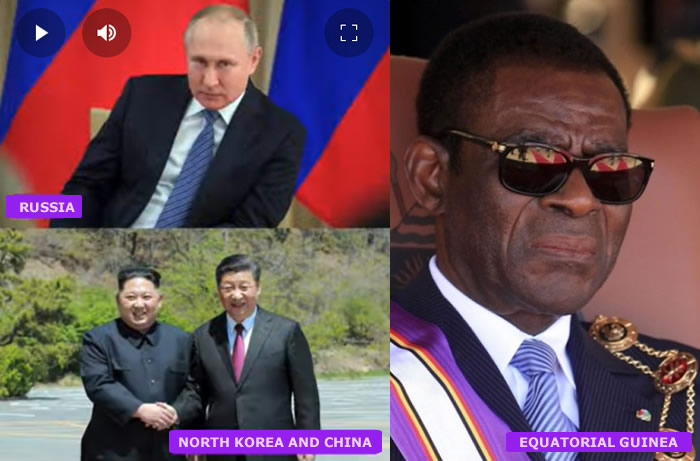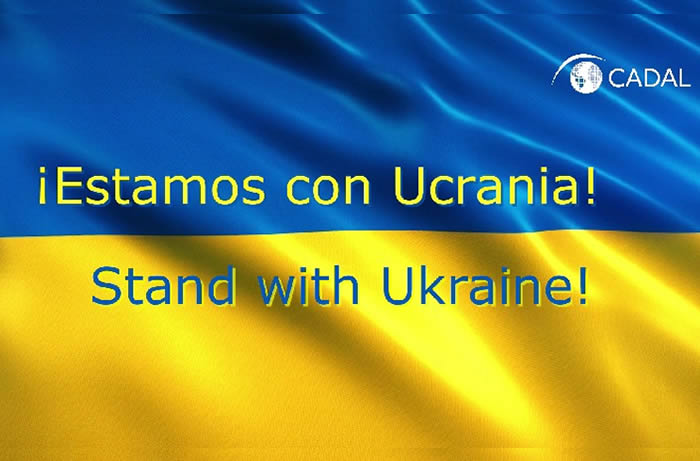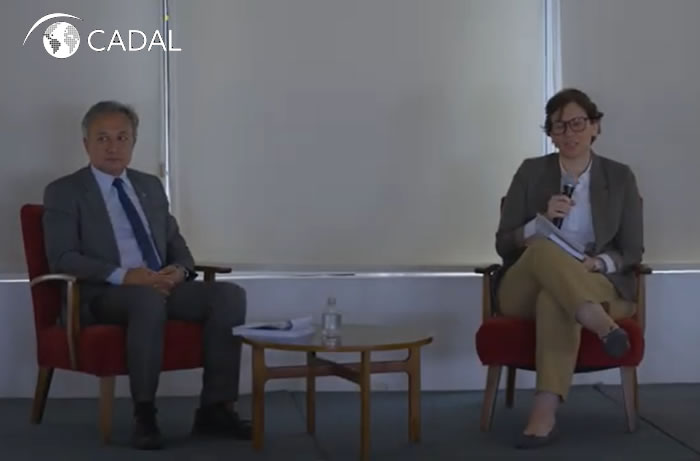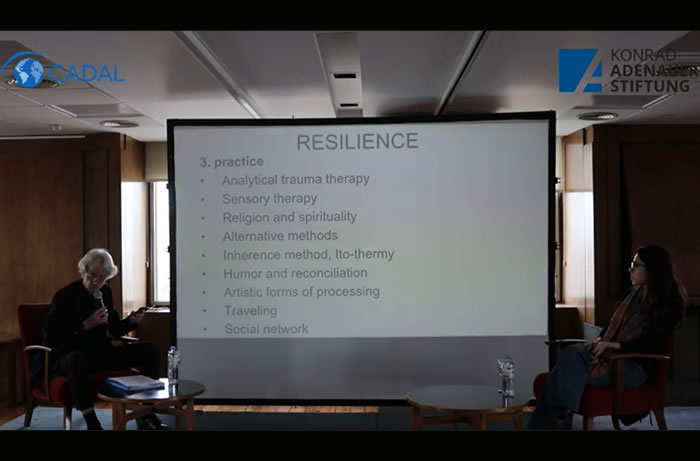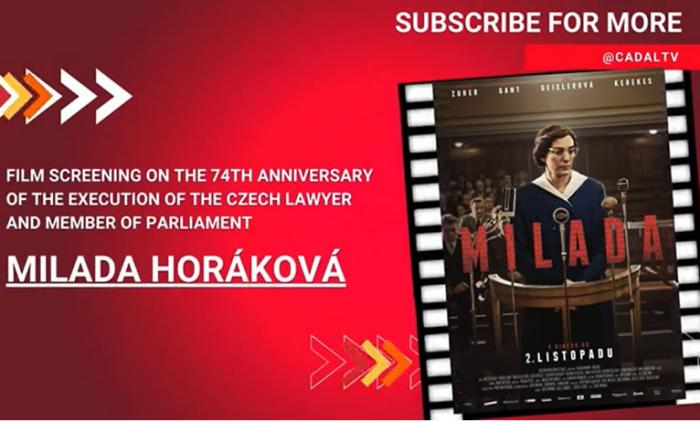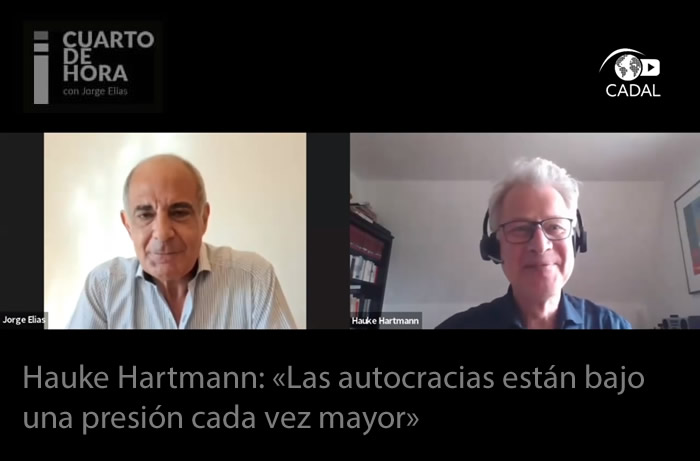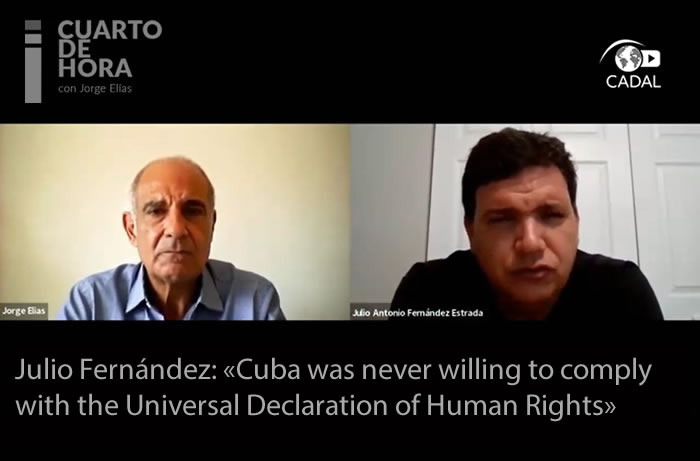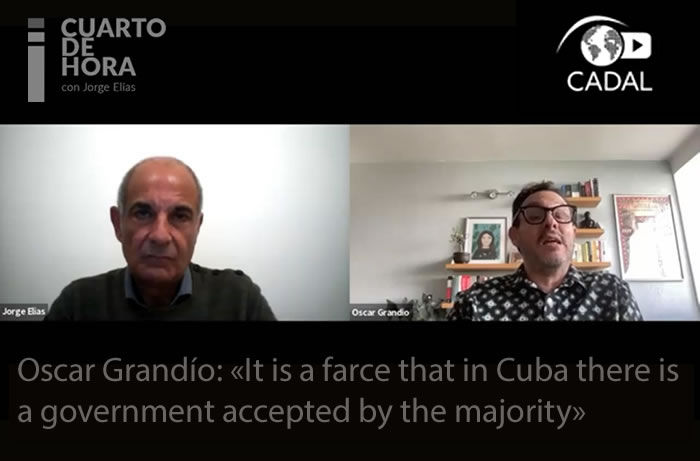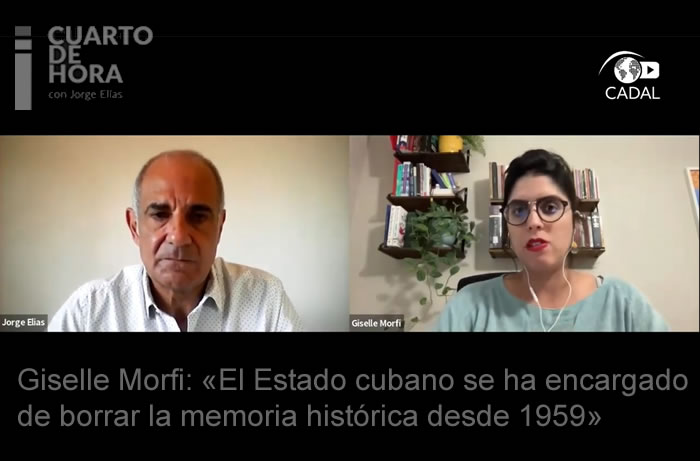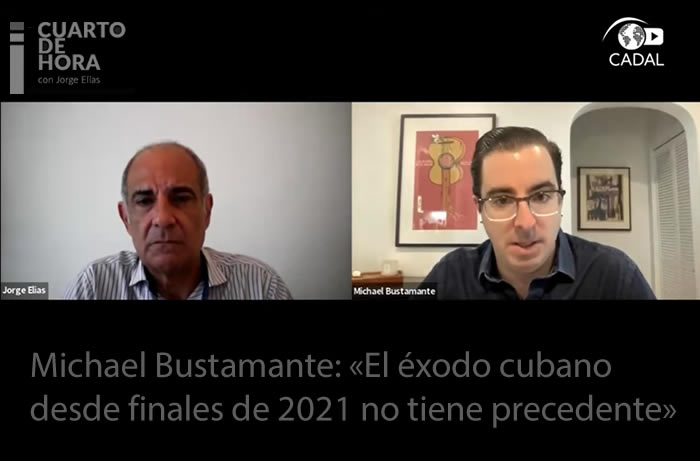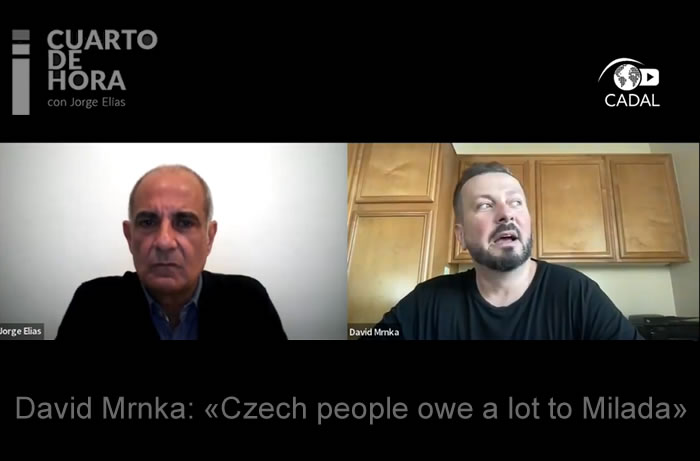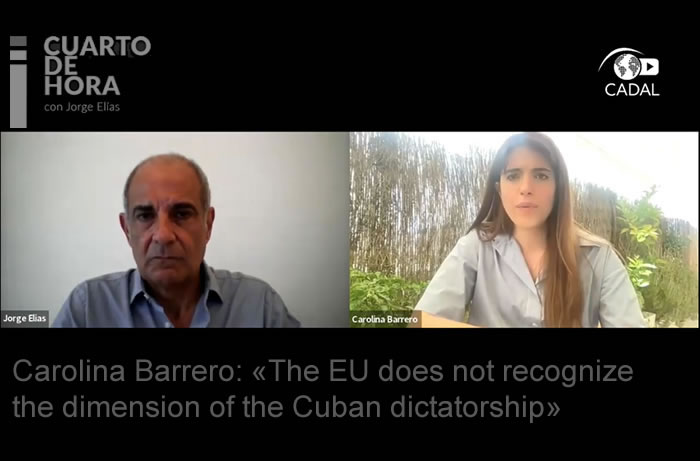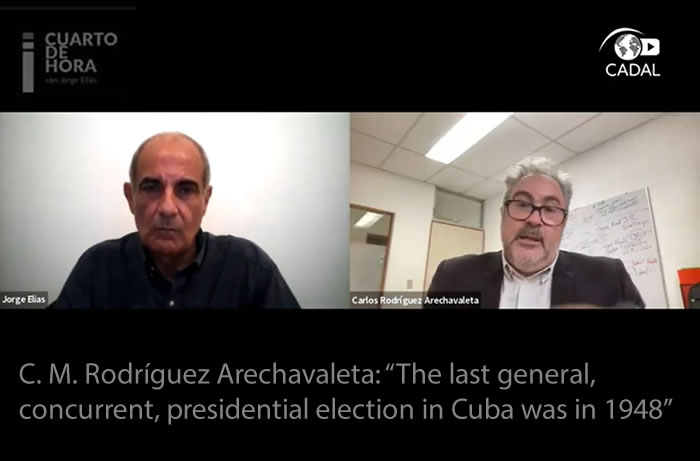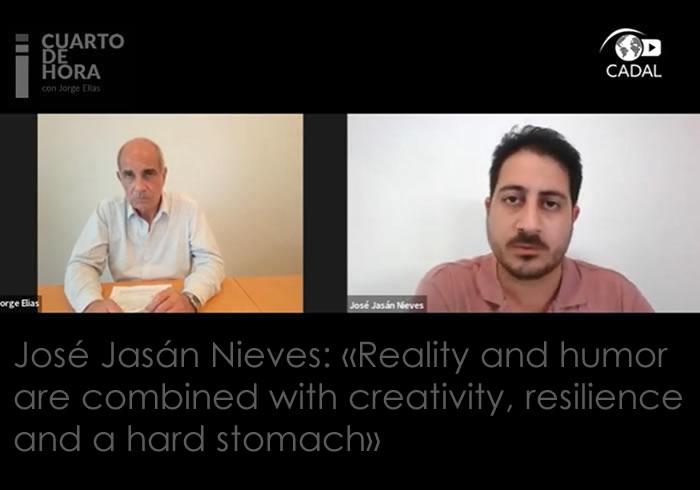Notes of books
Prologue - Boitel is alive Testimony on the Current Cuban Political Prison
This book is the story of a Cuban political prisoner called Jorge Luis García Pérez (''Antúnez'') who remains in prison to this day. His integrity and courage should be an example for the democratic governments of the world and international organisms so that they assume the responsibility as accomplices and recognize that their indifference, silence and in many cases financing and trade, strengthen a tyranny that has been enslaving the people of Cuba for more than 40 years.
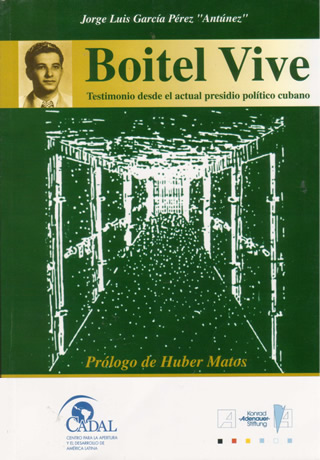 In his book, Jorge Luis García Pérez "Antúnez" writes, "I was twenty five years, five months and fifteen days old when I was sent to prison. I recently turned 38 and, like many young Cubans, have wasted my best years in prison, charged with the sole crime of not sharing the government's ideology".
In his book, Jorge Luis García Pérez "Antúnez" writes, "I was twenty five years, five months and fifteen days old when I was sent to prison. I recently turned 38 and, like many young Cubans, have wasted my best years in prison, charged with the sole crime of not sharing the government's ideology".
Why is a man who has suffered, heard and seen what other men's cynicism and evilness are capable of, able to challenge them even though this challenge cannot promise him personal gains in terms of power or wealth?
Why, even in prison, does that man stand tall not only to protect his integrity but also to defend other prisoners who sometimes do not even share his ideas and aspirations?
Why does that man not seem intimidated or belittled by the frequent isolation punishments and physical and psychological torture?
Why do his decisions and character not seem affected by the passing of the years, the obvious loss of his early youth, the illnesses, the despair of seeing no changes despite so much effort?
Why does the suffering of his loved ones (the ultimate test) not break his spirit?
This struggle is incomprehensible to people who live without ideals, but easy to understand for those who have broken free from fetters and seen death perched like a starving vulture. It is the behavior of those who believe that one's country stands for agony and duty, or simply those who understand the word "integrity" and "honor"; for all of them and for Jorge Luis García Pérez "Antúnez" himself, his attitude is "natural and simple".
He comes from a working class and "colored" family (as blacks are referred to, as if the color black were not as beautiful as any other color) and attended school as a boarder or day boarder due to his mother's poor health. He excelled in language and history and soon discovered what he described as "the false doctrine of study-work, which is nothing but the means to pay for studies with tireless work in the fields that the Castro regime inflicts on hundreds of thousands of students". He continues his account by stating, "My first political interests arose during my pre-university studies when I was lucky to (partially) come across various articles of the Universal Declaration of Human Rights and discern the acute lack of rights and freedom that Cubans are subject to".
Some people state that one needs a frame of reference to distinguish good from evil, but Jorge Luis' words show that the notion of good floats above everything else and never sinks. He valued the good he was discovering and found it irresistible, and in this way became a soldier of human rights, freedom and justice.
He wanted to become a lawyer but in twelfth grade realized that a university degree was forbidden for him, as well as for thousands of young people in Cuba who refuse to be degraded to the lower levels of Castro's regime.
He cut sugar cane, was a builder, farmer, and attended various training courses, but his intelligence and efforts rammed into the iron wall of a regime that isolates everyone it can not subdue. Finally, at the end of 1983 he was arrested while enjoying the celebrations on the XX Aniversario Square in Placetas (las Villas) with some friends, after commenting on Castro's blame for the events in Granada which took a toll of 23 Cuban victims.
Like jackals, State Security agents caught him, dragged him to the patrol car and drove him to the National Revolutionary Police station where they gave him another beating. He was 21 years old then.
Ideas and deep convictions are like dormant volcanoes that silently build up pressure. This happened to Jorge Luis on March 15, 1990 when, on the same square, he was listening to a radio address by Raúl Castro and could not help but exclaim, "We don't want communism. Communism is a mistake and a utopia. We want and need reforms like those in Eastern Europe".
Jorge Luis did not place a bomb, he did not attack anyone; all he did was utter these sentences, but it was enough for the regime's soldiers to give him another brutal thrashing and once again send him to the National Revolutionary Police station where he was charged for the "oral enemy propaganda" crime. It is a crime the tyrant, who is afraid of losing his grip on the masses, cannot leave unpunished.
In June 1990, the prosecutor petitioned for a six-year prison term for Jorge Luis. Right then and there, he went on a hunger strike for twenty-one days. In July, he was sentenced to five years in prison, but has already served 15 years!
However, not even jail bars can stop this brave and honorable young man who insists on reporting abuses and hands out banners and signs inside the prison. He reacts to every beating he gets from guards with greater determination, new accusations, hunger strikes, solitary confinements, and the cycle goes on and on. On February 19, 1991, he declared himself in contempt and refused to wear a prison uniform and participate in "re-education" activities (which entail nothing more than submitting to and cooperating with the victimizer).
This book is the story of a Cuban political prisoner called Jorge Luis García Pérez ("Antúnez") who remains in prison to this day. His integrity and courage should be an example for the democratic governments of the world and international organisms so that they assume the responsibility as accomplices and recognize that their indifference, silence and in many cases financing and trade, strengthen a tyranny that has been enslaving the people of Cuba for more than 40 years.
Commander Húber Matos B.
Miami, Florida, USA
March 2005.
 Húber Matos
Húber MatosNació en Yara, Cuba, 1917. Fue comandante histórico de la 9a. columna de la Revolución Cubana (1956-1959) y prisionero político (1959-1979).
Huber Matos es uno de los pocos oficiales del Ejército Rebelde que peleó toda la guerra entre 1956 y 1959 que llegó al rango de comandante, el equivalente en un ejército formal al rango de Coronel. Antes de la revolución era maestro de escuela en Manzanillo, Cuba, y poseía una pequeña plantación de arroz. Igual que Fidel Castro se integró al Partido Ortodoxo.
Después del Golpe de Estado del 10 de marzo de 1952 trabajó en contra del gobierno de Fulgencio Batista y se marchó a Costa Rica, donde reunió hombres y recursos para la lucha armada en la Sierra Maestra. En marzo de 1958 llevó un cargamento aéreo con municiones y armas para Castro, por lo que fue premiado con un comando de combate. Durante el asalto final a Santiago de Cuba dirigió una columna y posteriormente al momento del control del país fue nombrado Comandante del Ejército en la provincia de Camagüey.
En setiembre de 1959, Matos toma su decisión final. Escribió en su diario personal: ''La influencia comunista en el gobierno sigue creciendo, debo separarme del proceso la más pronto posible, debo alertar al pueblo cubano de lo que está pasando''
El 19 de octubre, manda una segunda carta de renuncia a Castro. Como respuesta Castro le mandó dos días después, a Camilo Cienfuegos con orden de arrestarle. El mismo día del arresto de Matos, Pedro Luis Díaz, un exilado cubano en Miami y antiguo jefe de la fuerza aérea cubana con Castro tiró panfletos desde un avión sobre La Habana llamando a la remoción de todos los elementos comunistas del gobierno. En respuesta a estas acciones, frente a una manifestación, Castro preguntó a la muchedumbre que si era justo ejecutar a los dos disidentes. La multitud gritó: "Paredón" (que los fusilasen.)
Después del mítin, el dictador Castro llamó a una junta de gobierno para definir la suerte de Matos. El Che y Raúl favorecían la ejecución y tres de sus ministros que cuestionaron las acciones de Castro fueron de inmediato reemplazados por gentes incondicionales al gobierno. Al final, Castro decidió en contra de la ejecución, explicándose: "-No deseo convertirlo en mártir."
Matos fue sentenciado por "traición y sedición" a 20 años de cárcel.
De acuerdo con Matos, "La prisión política en una dictadura comunista es una lenta agonía de donde uno emerge vívo sólo por la gracia de Dios. Tuve que pasar por huelgas de hambre, entre otro tipo de protestas. Fue terrible. Pasé un total de 16 años de confinamiento en solitario, se me decía constantemente que no iba a salir vivo, que había sido sentenciado a morir en la cárcel. Fueron muy crueles en todo el sentido de la palabra... fui torturado en varias ocasiones y sujeto a muchos horrores incluyendo la perforación de mis genitales. Durante una de mis huelgas de hambre, uno de los guardias con su bota aplastó completamente mi estómago..."
Matos fue soltado de la cárcel el 21 de octubre de 1979, habiendo servido toda su sentencia. Se reunió con su esposa e hijos quienes habían abandonado Cuba en 1963, exiliados en Miami.
Escribió un libro con sus experiencias titulado "Como llegó la noche. Revolución y condena de un idealista cubano".
Fuente: Wikipedia
 In his book, Jorge Luis García Pérez "Antúnez" writes, "I was twenty five years, five months and fifteen days old when I was sent to prison. I recently turned 38 and, like many young Cubans, have wasted my best years in prison, charged with the sole crime of not sharing the government's ideology".
In his book, Jorge Luis García Pérez "Antúnez" writes, "I was twenty five years, five months and fifteen days old when I was sent to prison. I recently turned 38 and, like many young Cubans, have wasted my best years in prison, charged with the sole crime of not sharing the government's ideology".
Why is a man who has suffered, heard and seen what other men's cynicism and evilness are capable of, able to challenge them even though this challenge cannot promise him personal gains in terms of power or wealth?
Why, even in prison, does that man stand tall not only to protect his integrity but also to defend other prisoners who sometimes do not even share his ideas and aspirations?
Why does that man not seem intimidated or belittled by the frequent isolation punishments and physical and psychological torture?
Why do his decisions and character not seem affected by the passing of the years, the obvious loss of his early youth, the illnesses, the despair of seeing no changes despite so much effort?
Why does the suffering of his loved ones (the ultimate test) not break his spirit?
This struggle is incomprehensible to people who live without ideals, but easy to understand for those who have broken free from fetters and seen death perched like a starving vulture. It is the behavior of those who believe that one's country stands for agony and duty, or simply those who understand the word "integrity" and "honor"; for all of them and for Jorge Luis García Pérez "Antúnez" himself, his attitude is "natural and simple".
He comes from a working class and "colored" family (as blacks are referred to, as if the color black were not as beautiful as any other color) and attended school as a boarder or day boarder due to his mother's poor health. He excelled in language and history and soon discovered what he described as "the false doctrine of study-work, which is nothing but the means to pay for studies with tireless work in the fields that the Castro regime inflicts on hundreds of thousands of students". He continues his account by stating, "My first political interests arose during my pre-university studies when I was lucky to (partially) come across various articles of the Universal Declaration of Human Rights and discern the acute lack of rights and freedom that Cubans are subject to".
Some people state that one needs a frame of reference to distinguish good from evil, but Jorge Luis' words show that the notion of good floats above everything else and never sinks. He valued the good he was discovering and found it irresistible, and in this way became a soldier of human rights, freedom and justice.
He wanted to become a lawyer but in twelfth grade realized that a university degree was forbidden for him, as well as for thousands of young people in Cuba who refuse to be degraded to the lower levels of Castro's regime.
He cut sugar cane, was a builder, farmer, and attended various training courses, but his intelligence and efforts rammed into the iron wall of a regime that isolates everyone it can not subdue. Finally, at the end of 1983 he was arrested while enjoying the celebrations on the XX Aniversario Square in Placetas (las Villas) with some friends, after commenting on Castro's blame for the events in Granada which took a toll of 23 Cuban victims.
Like jackals, State Security agents caught him, dragged him to the patrol car and drove him to the National Revolutionary Police station where they gave him another beating. He was 21 years old then.
Ideas and deep convictions are like dormant volcanoes that silently build up pressure. This happened to Jorge Luis on March 15, 1990 when, on the same square, he was listening to a radio address by Raúl Castro and could not help but exclaim, "We don't want communism. Communism is a mistake and a utopia. We want and need reforms like those in Eastern Europe".
Jorge Luis did not place a bomb, he did not attack anyone; all he did was utter these sentences, but it was enough for the regime's soldiers to give him another brutal thrashing and once again send him to the National Revolutionary Police station where he was charged for the "oral enemy propaganda" crime. It is a crime the tyrant, who is afraid of losing his grip on the masses, cannot leave unpunished.
In June 1990, the prosecutor petitioned for a six-year prison term for Jorge Luis. Right then and there, he went on a hunger strike for twenty-one days. In July, he was sentenced to five years in prison, but has already served 15 years!
However, not even jail bars can stop this brave and honorable young man who insists on reporting abuses and hands out banners and signs inside the prison. He reacts to every beating he gets from guards with greater determination, new accusations, hunger strikes, solitary confinements, and the cycle goes on and on. On February 19, 1991, he declared himself in contempt and refused to wear a prison uniform and participate in "re-education" activities (which entail nothing more than submitting to and cooperating with the victimizer).
This book is the story of a Cuban political prisoner called Jorge Luis García Pérez ("Antúnez") who remains in prison to this day. His integrity and courage should be an example for the democratic governments of the world and international organisms so that they assume the responsibility as accomplices and recognize that their indifference, silence and in many cases financing and trade, strengthen a tyranny that has been enslaving the people of Cuba for more than 40 years.
Commander Húber Matos B.
Miami, Florida, USA
March 2005.

Nació en Yara, Cuba, 1917. Fue comandante histórico de la 9a. columna de la Revolución Cubana (1956-1959) y prisionero político (1959-1979).
Huber Matos es uno de los pocos oficiales del Ejército Rebelde que peleó toda la guerra entre 1956 y 1959 que llegó al rango de comandante, el equivalente en un ejército formal al rango de Coronel. Antes de la revolución era maestro de escuela en Manzanillo, Cuba, y poseía una pequeña plantación de arroz. Igual que Fidel Castro se integró al Partido Ortodoxo.
Después del Golpe de Estado del 10 de marzo de 1952 trabajó en contra del gobierno de Fulgencio Batista y se marchó a Costa Rica, donde reunió hombres y recursos para la lucha armada en la Sierra Maestra. En marzo de 1958 llevó un cargamento aéreo con municiones y armas para Castro, por lo que fue premiado con un comando de combate. Durante el asalto final a Santiago de Cuba dirigió una columna y posteriormente al momento del control del país fue nombrado Comandante del Ejército en la provincia de Camagüey.
En setiembre de 1959, Matos toma su decisión final. Escribió en su diario personal: ''La influencia comunista en el gobierno sigue creciendo, debo separarme del proceso la más pronto posible, debo alertar al pueblo cubano de lo que está pasando''
El 19 de octubre, manda una segunda carta de renuncia a Castro. Como respuesta Castro le mandó dos días después, a Camilo Cienfuegos con orden de arrestarle. El mismo día del arresto de Matos, Pedro Luis Díaz, un exilado cubano en Miami y antiguo jefe de la fuerza aérea cubana con Castro tiró panfletos desde un avión sobre La Habana llamando a la remoción de todos los elementos comunistas del gobierno. En respuesta a estas acciones, frente a una manifestación, Castro preguntó a la muchedumbre que si era justo ejecutar a los dos disidentes. La multitud gritó: "Paredón" (que los fusilasen.)
Después del mítin, el dictador Castro llamó a una junta de gobierno para definir la suerte de Matos. El Che y Raúl favorecían la ejecución y tres de sus ministros que cuestionaron las acciones de Castro fueron de inmediato reemplazados por gentes incondicionales al gobierno. Al final, Castro decidió en contra de la ejecución, explicándose: "-No deseo convertirlo en mártir."
Matos fue sentenciado por "traición y sedición" a 20 años de cárcel.
De acuerdo con Matos, "La prisión política en una dictadura comunista es una lenta agonía de donde uno emerge vívo sólo por la gracia de Dios. Tuve que pasar por huelgas de hambre, entre otro tipo de protestas. Fue terrible. Pasé un total de 16 años de confinamiento en solitario, se me decía constantemente que no iba a salir vivo, que había sido sentenciado a morir en la cárcel. Fueron muy crueles en todo el sentido de la palabra... fui torturado en varias ocasiones y sujeto a muchos horrores incluyendo la perforación de mis genitales. Durante una de mis huelgas de hambre, uno de los guardias con su bota aplastó completamente mi estómago..."
Matos fue soltado de la cárcel el 21 de octubre de 1979, habiendo servido toda su sentencia. Se reunió con su esposa e hijos quienes habían abandonado Cuba en 1963, exiliados en Miami.
Escribió un libro con sus experiencias titulado "Como llegó la noche. Revolución y condena de un idealista cubano".
Fuente: Wikipedia



